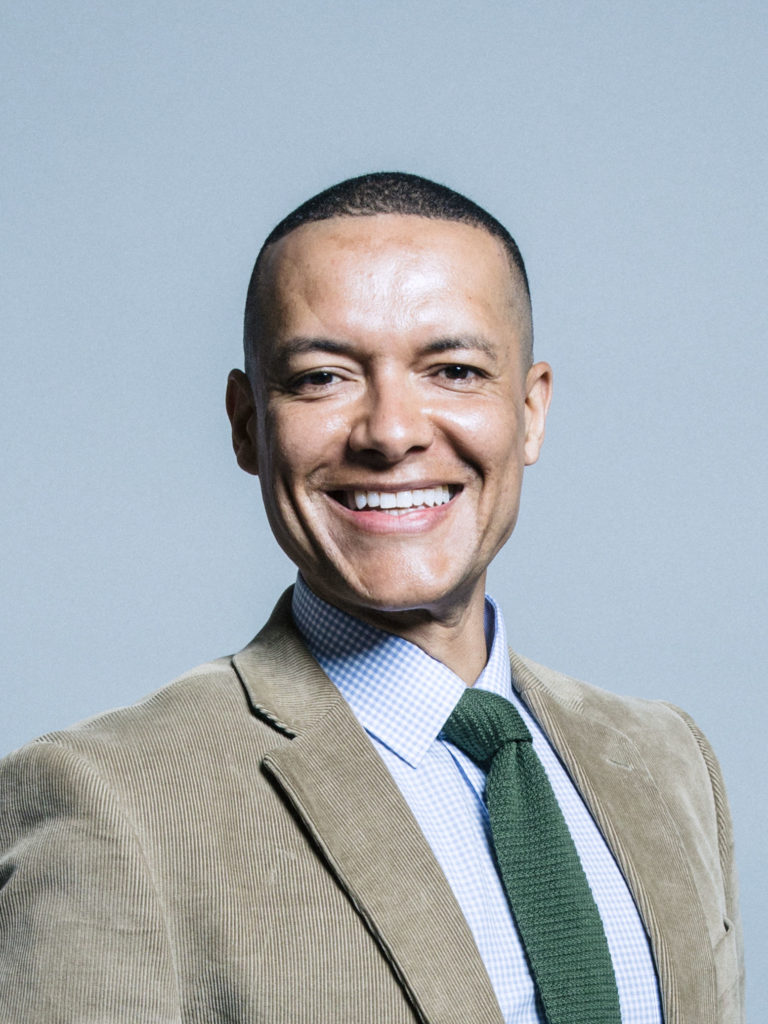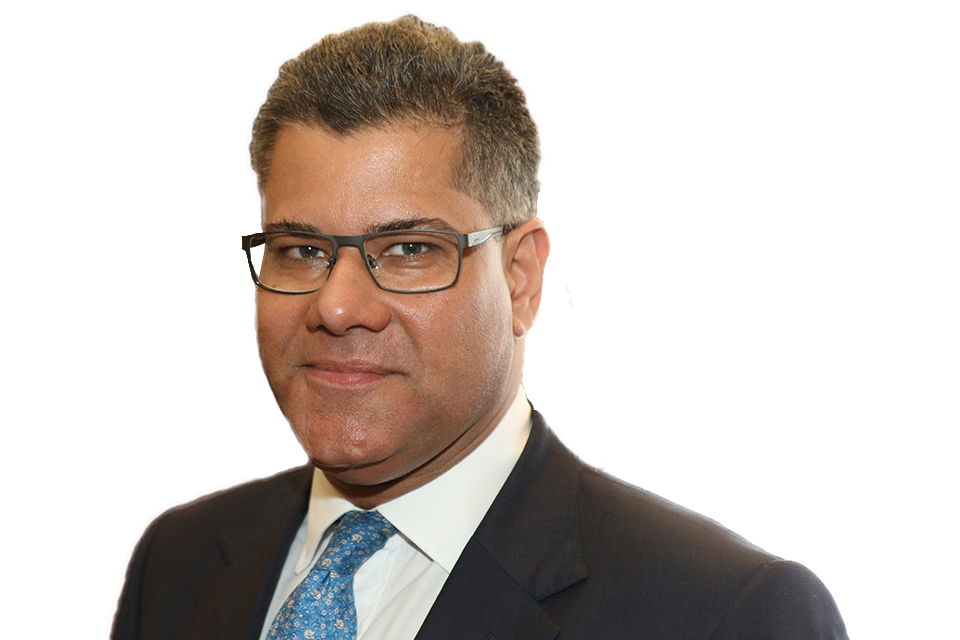Clive Lewis – 2022 Speech on Achieving Economic Growth
The speech made by Clive Lewis, the Labour MP for Norwich South, in the House of Commons on 18 May 2022.
Unlike the Secretary of State for Digital, Culture, Media and Sport, I stand not as a conduit of God but as a heretic shaking my metaphorical fist at the crumbling edifice of economic orthodoxy.
The title of today’s debate is “Achieving Economic Growth,” but to what end? For more than 70 years, successive Governments preened themselves in the mirror and admired what they saw—growth. That mirror is better known as gross domestic product and it has become our key metric for judging how beautiful we are as both an economy and a society. We use it to gauge progress and as a proxy for our collective wellbeing, yet the mirror we have been staring into all these years is less of the bathroom variety and more of the fairground variety, reflecting a distorted image at odds with the reality confronting many of our constituents over those long decades.
Growth is an illusion that is partly responsible for driving three of the key challenges we now face: rising inequality, the erosion of democracy and the climate crisis. We have had GDP growth, albeit sluggish, over the past 12 years. Hence, by our main metric of choice, our collective wellbeing should have increased, even if only incrementally. That is the logic of the message we tell our constituents, “You’ve never had it so good because the economy is growing.”
Yet, by focusing on growth, we too often evade the hard political questions about distribution. If the economic pie is growing, the proportional size of the slice matters less, but the issue still gnaws away at people’s sense of fair play. Back in 2016, during a Brexit debate, a remain campaigner told his audience:
“If we leave the EU, GDP will fall.”
He was, of course, as we have seen, correct, but that is not the point I wish to make. The point is the heckle from a lady in the audience, which came back:
“That’s your bloody GDP. Not ours.”
She knew that for millions like her the proceeds of growth were never fairly shared and that, when the economy grew, the overwhelming beneficiaries of that growth were the rich and powerful, not her. Even when it was growing but not fast enough for its main beneficiaries, it was the public services that she relied on that had to be discarded—again, in the name of economic growth.
That leads us on to the second great challenge of this century: defending democracy, not just from external threats, such as Russia, but from within. Why? Because if people do not see the reality of their lived experience reflected in the political discourse of their politicians and do not hear their reality being discussed in this place, that gulf is dangerous. Citizens end up believing they are being deceived, and nothing is more dangerous or destructive to our democracy. We must understand that our constituents’ buy-in to any political economy depends not just on their absolute wealth, but, rather, on their relative wealth to those around them. As has been repeatedly demonstrated, the more unequal a society is, the less satisfied its citizens will be. That results in political instability, higher crime rates and higher levels of mental health illness—and we wonder why demand for mental health services is going through the roof in this country.
Let us, for the sake of argument, park both democracy and inequality to the side for one moment and ask ourselves: how do we square unlimited growth on a finite planet? It is a fair question but one that never gets a remotely convincing answer. Apparently, it is through increased resource use efficiency and productivity gains. In the next half of this century, the global economy will triple the number of people who will enjoy western levels of consumption, to 3 billion,. That is despite the fact that the l billion of us already consuming that much are using 1.6 times more of the planet’s resources than is sustainable—you can do the maths. In other words, the growth delusion is a fallacy that will drive climate and ecological destruction and kill us all. Only in the warped reality of our current growth-obsessed economic model is expansion without end seen as a virtue. In biology, it is called a cancer.
Bobby Kennedy knew this truth more than 50 years ago when he made his now famous speech on the limits of GDP growth as a metric for success. He understood that GDP is mercenary, blind to morality and indifferent to suffering. GDP growth loves pollution, especially if it has to be cleared up. It relishes crime, especially if more prisons must be built. It delights in war, especially if countries require rebuilding in the aftermath. That does not mean there is no place for GDP as an economic tool but, if we are to successfully face the existential challenges of this century, we need new political tools for measuring wellbeing, the health of our democracy, and the ecological and climate cost of our economic activities.


